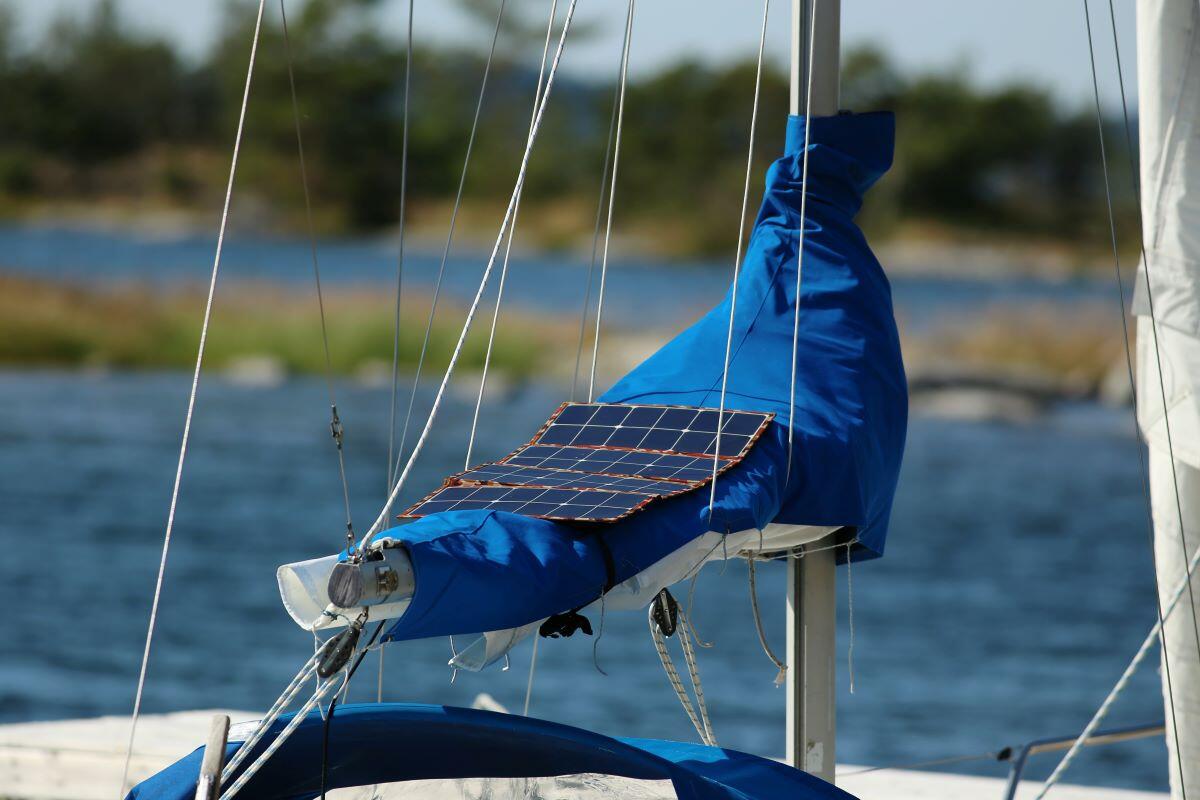
Marine Solar Panels: The Ultimate Guide for Boat Owners
In today’s world, harnessing solar power is not just a trend; it’s a responsible way to generate free electricity while reducing our carbon footprint. Nowhere is the potential of solar energy more evident than on the open seas. Boat owners have realized the numerous benefits of integrating a solar system into their vessels. From reducing reliance on shore power to navigating the harsh marine environment, solar panels have become a game-changer for powering boats efficiently.
In this comprehensive guide, we will delve into the world of marine solar panels, focusing on flexible solar panels and monocrystalline panels. We will discuss what makes the best solar panels, power output, suitability for boats, and best practices for installation.
The Benefits of Solar Power for Boat Owners: Reducing Reliance on Shore Power
One of the primary reasons boat owners are turning to solar power systems is to reduce their dependence on shore power. Traditional power sources can be limiting and costly, especially during long journeys at sea. By installing marine solar panels, boat owners can harness the free energy of the sun to power onboard appliances, lights, navigation systems, and more. This not only saves money but also offers a sense of freedom and self-sufficiency.
✅ Ready to explore solar power for your boat? Check out marine-ready GoSun Solar Panels here.
Flexible Solar Panels vs. Rigid Monocrystalline Panels
Flexible Solar Panels: Adapt to Boat Surfaces
Flexible solar panels have revolutionized solar energy applications for marine environments. These lightweight and portable panels are foldable and can be mounted on curved or irregular surfaces, perfect for boats with limited space. Their adaptability makes them a great choice for vessels where traditional rigid panels might be difficult to install. Flexible panels conform to the shape of the boat, maximizing the surface area for power generation.
Monocrystalline Panels: Efficiency and Power Output
Monocrystalline panels are known for their high efficiency and strong performance. These panels, made from a single silicon crystal, can convert sunlight into electricity more effectively than polycrystalline types. While rigid in design, they’re an excellent choice for boats with higher power demands. Some GoSun products allow panels to be connected in series to meet larger energy needs.
🛒 Explore high-efficiency monocrystalline solar panels on GoSun.
Choosing The Right Marine Solar Panel: 5 Key Points
1. Size of the Solar Panel: Weight and Area
The size of the panel affects how much energy it produces. Larger panels generate more wattage but also take up more space and add more weight. Flexible panels like GoSun’s 30W and 60W models are ideal for marine use, allowing you to customize layout without sacrificing valuable space.
2. Solar Charge Controller: Maximizing Efficiency
A solar charge controller is essential for protecting your batteries and optimizing energy use. It prevents overcharging and ensures smooth operation of your power system.
🔌 Pair your panel with a GoSun Solar Charge Controller to get the most from your system.
3. Durability and Weather Resistance
The best marine panels are built to resist corrosion, UV exposure, and physical damage. GoSun’s solar panels are marine-ready, built with weatherproof materials that can handle salty, wet environments.
4. Power Output: Watts of Power
Understanding your boat’s energy needs helps determine the best solar panel. GoSun’s offerings range from compact panels (10W–30W) for small needs to higher-output panels (60W and up) for full-day sailing or liveaboards.
5. Efficiency and Performance
Efficiency determines how much energy a panel can convert in low-light or partial-shade conditions. GoSun’s monocrystalline options offer consistent energy even in cloudy weather.
Installing Marine Solar Panels: Some Things To Keep In Mind
Placement
Panels should be installed in areas that get uninterrupted sun exposure. Bimini tops, cabin roofs, and deck rails are all good locations. Flexible panels provide added versatility here.
Wiring and Connectivity
Using marine-grade wiring and proper connectors is vital. GoSun provides plug-and-play designs for their portable units, reducing the risk of poor connections.
Regular Maintenance
Salt and debris can reduce panel efficiency. Gently clean panels with mild soap and a soft cloth. Regular checks for cracks or corrosion will keep your system in peak condition.
In Conclusion
Solar panels are a smart, sustainable investment for any boat owner. Whether you choose the adaptability of a flexible panel or the efficiency of a monocrystalline option, the move to solar power brings freedom, savings, and peace of mind on the water.
⚓ Ready to Power Your Boat with the Sun?
- 👉 Shop marine-ready solar panels at GoSun
- 👉 Or use our affiliate link to support our mission: GoSun Affiliate Link



